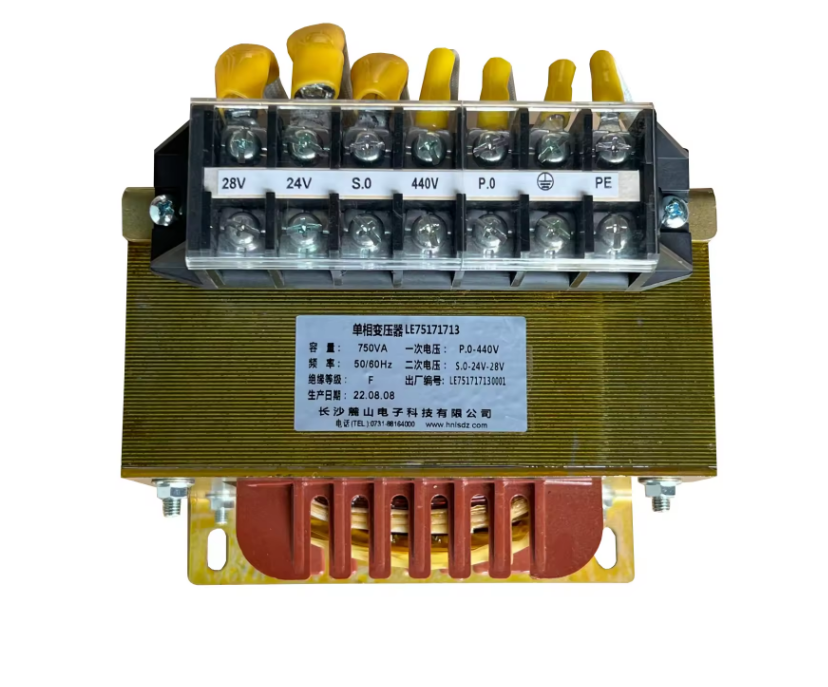Resistors are fundamental components in electronic circuits, playing a crucial role in controlling the flow of electric current. Among the various types of resistors available, one stands out as the most common and widely used. In this article, we delve into the intricacies of this powerhouse component, exploring its characteristics, applications, and the reasons behind its popularity. Join us on this enlightening journey as we unveil the secrets of the most common type of resistor.
- The Mighty Carbon Film Resistor:
At the heart of countless electronic devices, the carbon film resistor reigns supreme. Composed of a cylindrical ceramic core coated with a thin layer of carbon film, this resistor offers a perfect balance of performance, reliability, and cost-effectiveness. Its popularity stems from several key factors. - Precision and Tolerance:
Carbon film resistors are renowned for their precision and accuracy in maintaining a specific resistance value. With tolerance levels as low as 1%, these resistors ensure consistent and reliable performance in a wide range of applications. Whether it's in consumer electronics, automotive systems, or industrial machinery, the carbon film resistor delivers exceptional precision. - Power Handling Capability:
Another remarkable feature of carbon film resistors is their ability to handle power dissipation effectively. With power ratings ranging from 0.125W to 2W, these resistors can withstand high temperatures and dissipate heat efficiently. This makes them suitable for demanding applications that require robust performance and reliability. - Stability and Low Noise:
Stability is a critical factor in electronic circuits, and carbon film resistors excel in this aspect. They exhibit minimal drift over time, ensuring consistent performance throughout the lifespan of the device. Additionally, these resistors offer low noise characteristics, making them ideal for sensitive applications such as audio amplifiers and signal processing circuits. - Versatility in Applications:
The versatility of carbon film resistors is unparalleled. They find applications in a wide range of industries, including telecommunications, aerospace, medical devices, and more. From voltage dividers and current limiting circuits to timing circuits and feedback networks, these resistors play a vital role in shaping the functionality of electronic systems. - Advancements and Future Trends:
As technology continues to evolve, so do resistors. While carbon film resistors remain the most common type, advancements in materials and manufacturing techniques have led to the emergence of new types with enhanced performance characteristics. These include metal film resistors, thick film resistors, and surface mount resistors, each catering to specific application requirements.
Conclusion:
In conclusion, the carbon film resistor stands tall as the most common and versatile type of resistor in the electronics industry. Its precision, power handling capability, stability, and low noise characteristics make it an indispensable component in a myriad of applications. As technology progresses, we can expect further advancements in resistor technology, but the carbon film resistor will continue to hold its ground as a reliable and widely adopted solution.


